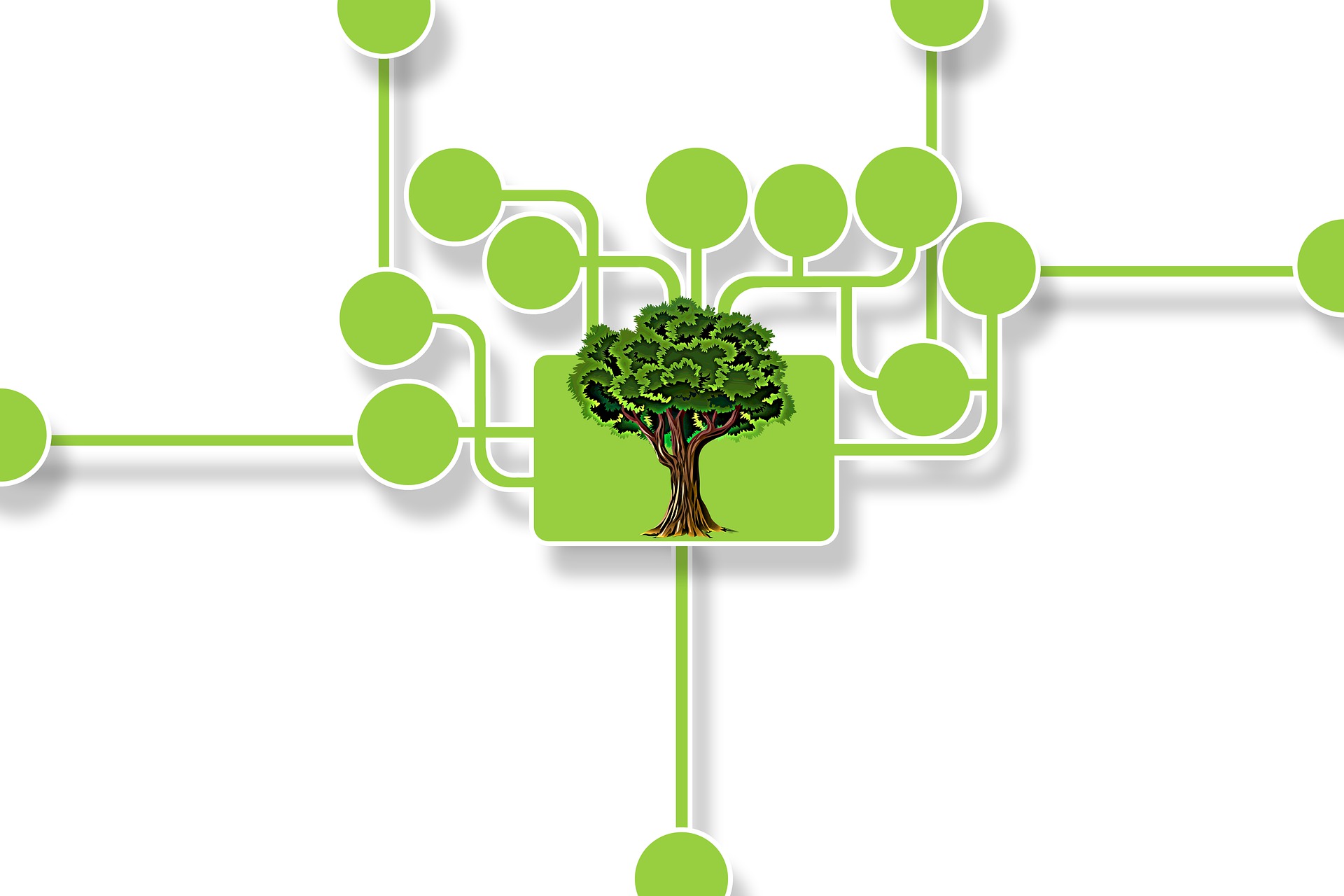Companies with robust sustainability programs learned supply chain resiliency is an inevitable side effect of those initiatives. Here’s how sustainability supports resiliency.
The COVID-19 pandemic shined a spotlight on the frailty of the global supply chain. As a result, business leaders have spent the better part of two years pursuing solutions and strategies that can help build more resilient supply chain operations. This enhanced focus on agility and resiliency has also driven increased interest in supply chain sustainability efforts—and for a good reason.
Companies that already had robust sustainability programs in place before 2020 learned that supply chain resiliency was an inevitable side effect of those initiatives. As a result, advocates of environmental, social, and governance (ESG) programs may now find it easier to get support from the boardroom as the world moves beyond the pandemic.
WHY DOES SUSTAINABILITY CREATE RESILIENCY?
In a Stanford Graduate School of Business study, 63% of buyers and 73% of suppliers said their sustainable procurement practices helped them endure the pandemic. The same study showed 70% of procurement leaders saw supply chain resilience as the desired outcome for their sustainability efforts. In addition, MIT’s State of Supply Chain Sustainability report showed many companies maintained or increased their sustainability investments throughout the pandemic.
- Responsible partnerships. When suppliers, carriers, logistics partners, and other stakeholders willingly share data about their operational practices, it becomes easier to identify risky partnerships. Building a sustainable operation requires eliminating contracts with businesses that behave in risky ways. When markets become volatile, the company can then rely on a more robust partner network to help it weather the storm.
- Established visibility. Sustainable companies already have visibility in their supply chains, and visibility is a cornerstone of resiliency. With transparency between supply chain partners, all parties can identify mutual risks and implement measures to mitigate them. As a result, sustainable companies communicated with partners and reacted more quickly to disruptions caused by COVID-19.
- Climate change. The effects of climate change have already begun showing themselves in the form of more frequent storms, flooding, wildfires, droughts, and more. These events have a disruptive effect on the supply chain, meaning decarbonization efforts tie directly into future supply chain resiliency.
DOES YOUR LOGISTICS PARTNER SUPPORT YOUR ESG EFFORTS?
Third-party logistics (3PL) companies play a crucial part in supporting broader corporate sustainability initiatives. Your 3PL can support your ESG efforts in the following ways:
- Transportation. Logistics providers can optimize routes to use less fuel, locate inventory nearer to your customers to minimize delivery distances, and consolidate shipments to reduce the number of trucks on the road.
- Packaging. A 3PL can help you identify greener packaging options for your shipments to reduce landfill waste.
- Energy-efficient warehouses. Simple adjustments such as climate control, LED lighting, and solar panels optimize energy usage in the warehouse.
- Reverse logistics. Your 3PL can optimize your reverse logistics practices, keeping usable inventory out of landfills and allowing you to resell or dispose of returns responsibly.
- Fair labor practices. When it provides a good work/life balance, fair wages, and responsible labor practices, your 3PL functions as an extension of your ESG initiatives.
- Data transparency. Sharing data allows you to work with your 3PL to identify risks and areas for improvement.
If you want to have a sustainable supply chain, choosing a logistics partner that can align with your company values and practices is essential.
Source: www.inboundlogistics.com
Author: Robert Kriewaldt, Senior Vice President, Phoenix Logistics
Image: www.pixibay.com



